DNA-sequencing microchip functions after exposure to radiation doses similar to those that might be expected during a robotic expedition to Mars.


DNA-sequencing microchip functions after exposure to radiation doses similar to those that might be expected during a robotic expedition to Mars.
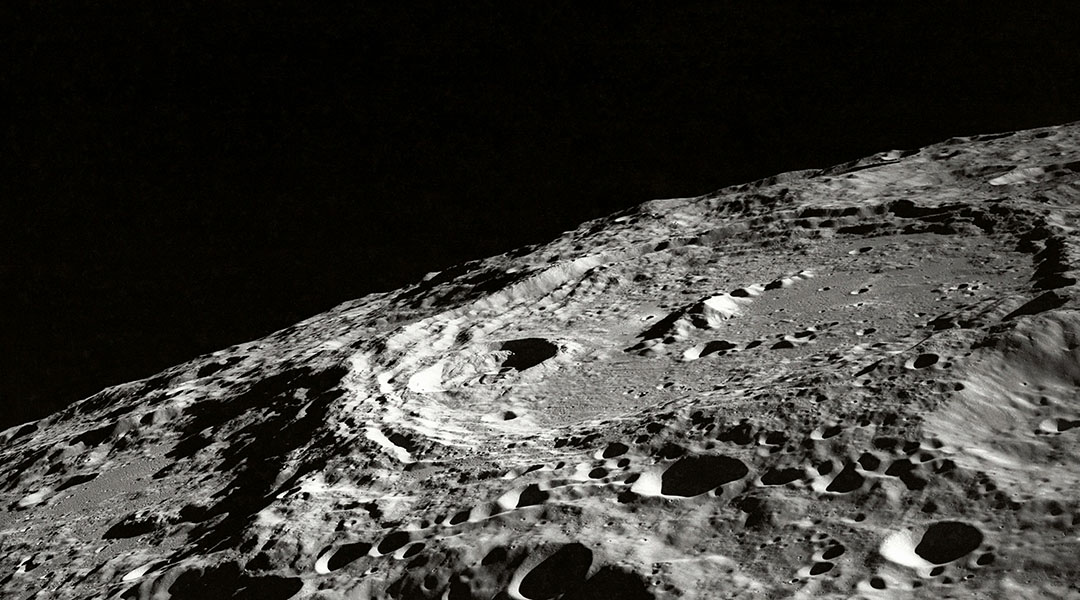
Making solar panels on the Moon could be the solution to reliably providing energy to lunar settlements.
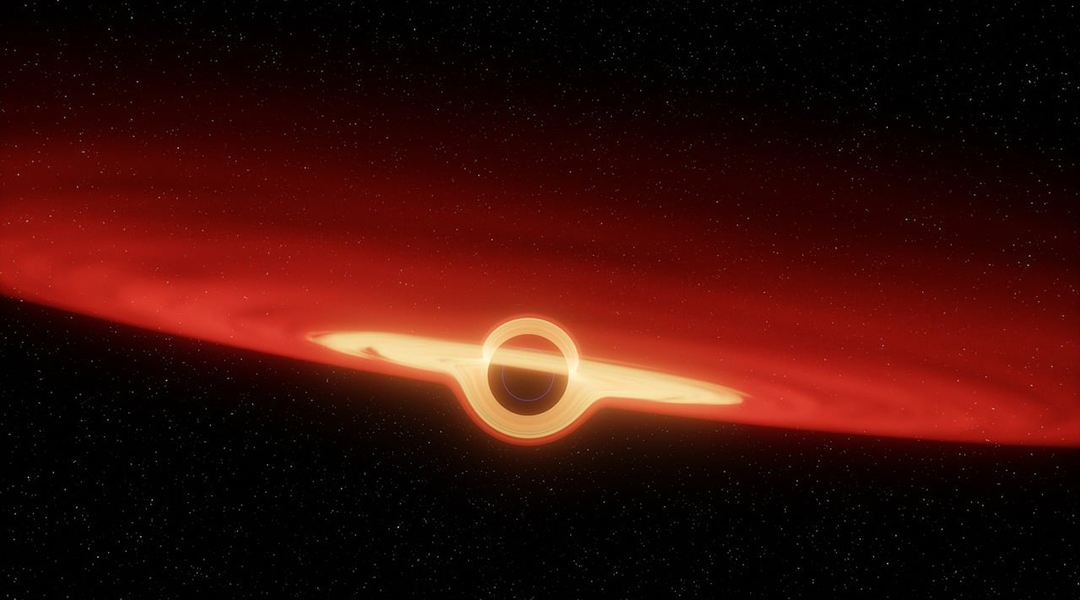
Small primordial black holes could have consumed the interiors of planets or asteroids, leaving their outer shells intact.
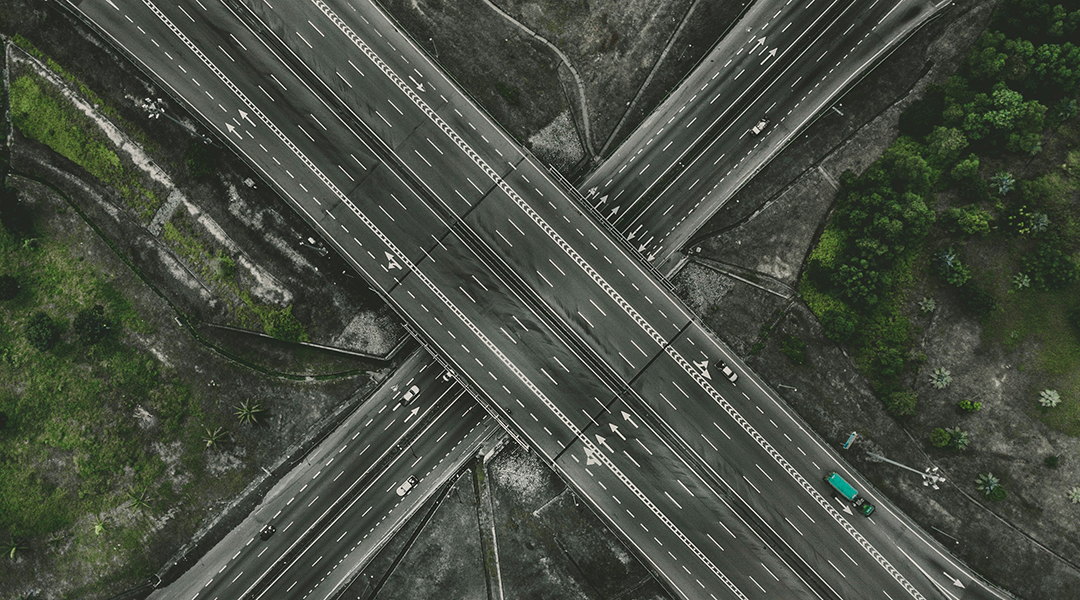
A new study unveils why humans evolved to prioritize short-term gratification over better long-term outcomes.
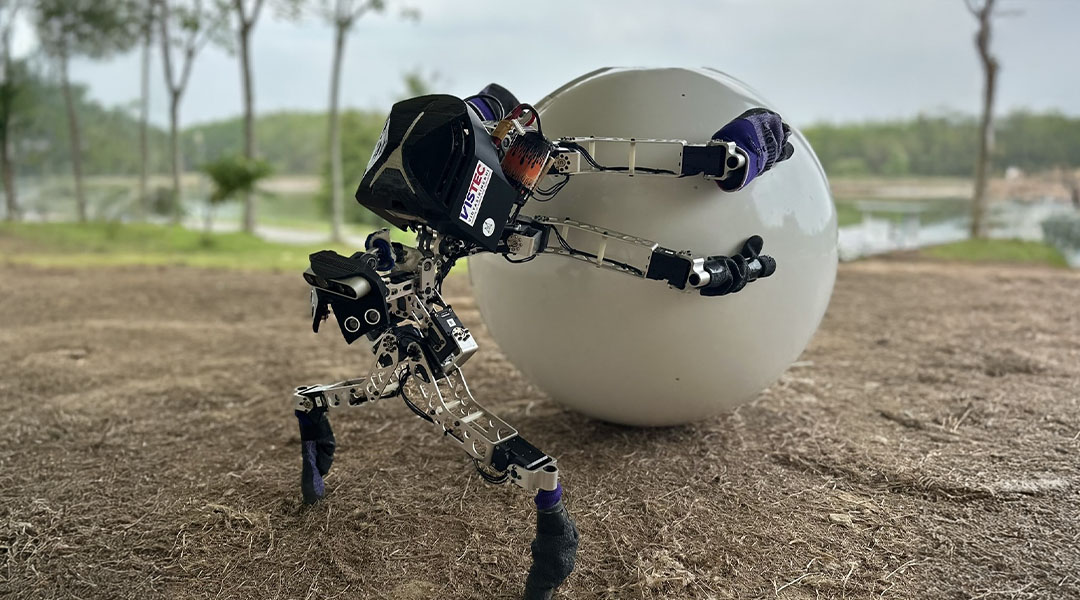
Robots modelled after dung beetles leverage nature’s ingenuity with efficient, space-saving object-rolling mechanics.
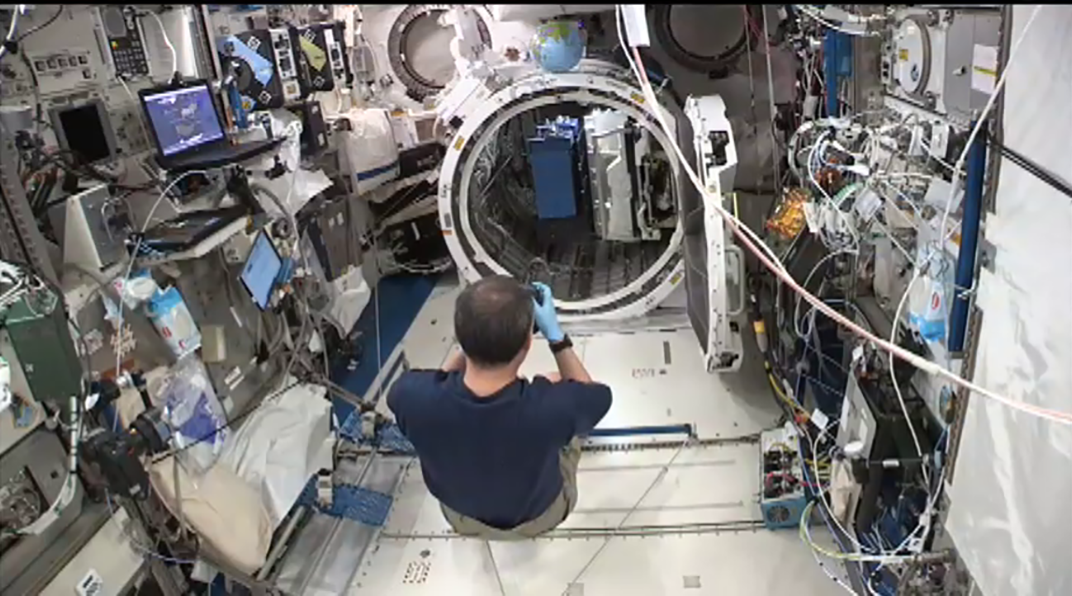
Cosmic radiation degrades medications like ibuprofen, highlighting the need for new “space” medicines with modified formulations.
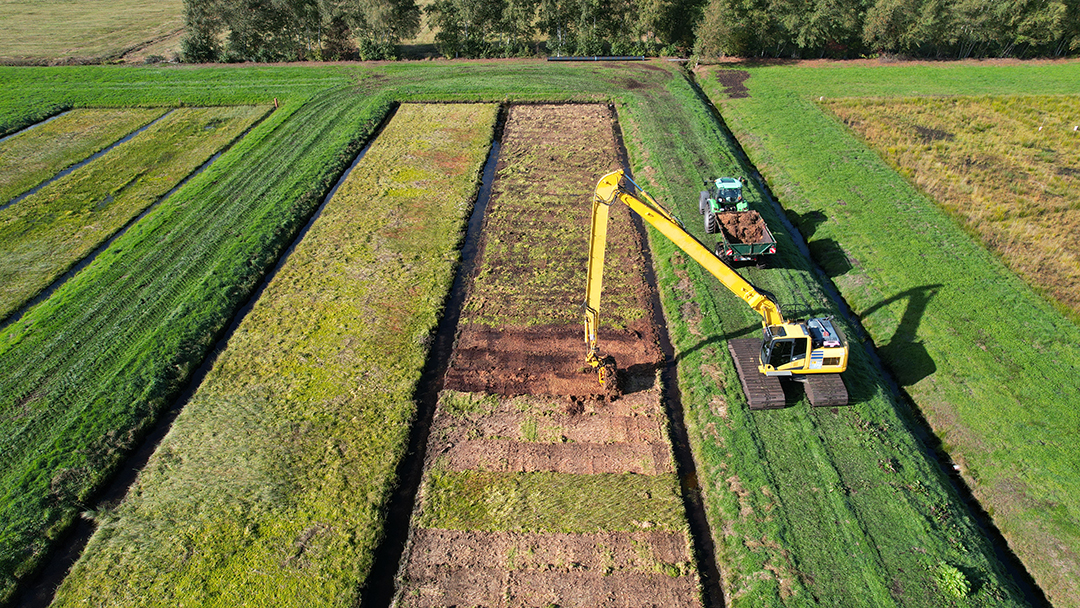
Scientists are reviving lost wetlands using paludiculture, blending ecology and economy to combat climate change and restore biodiversity.
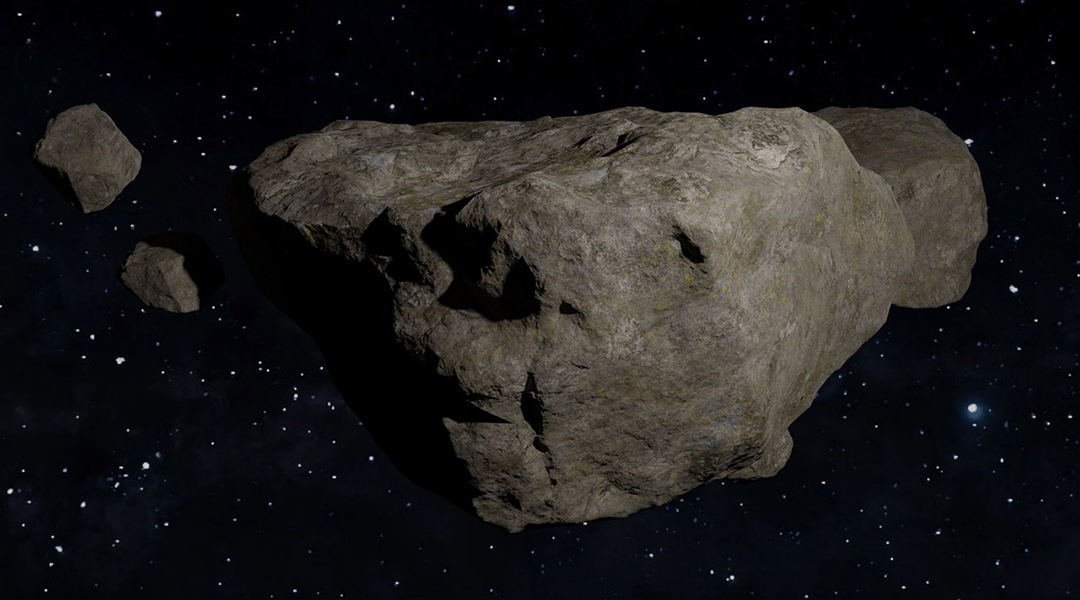
Data gathered about the M-class asteroid challenges earlier assumptions that it is unaltered planetary core.
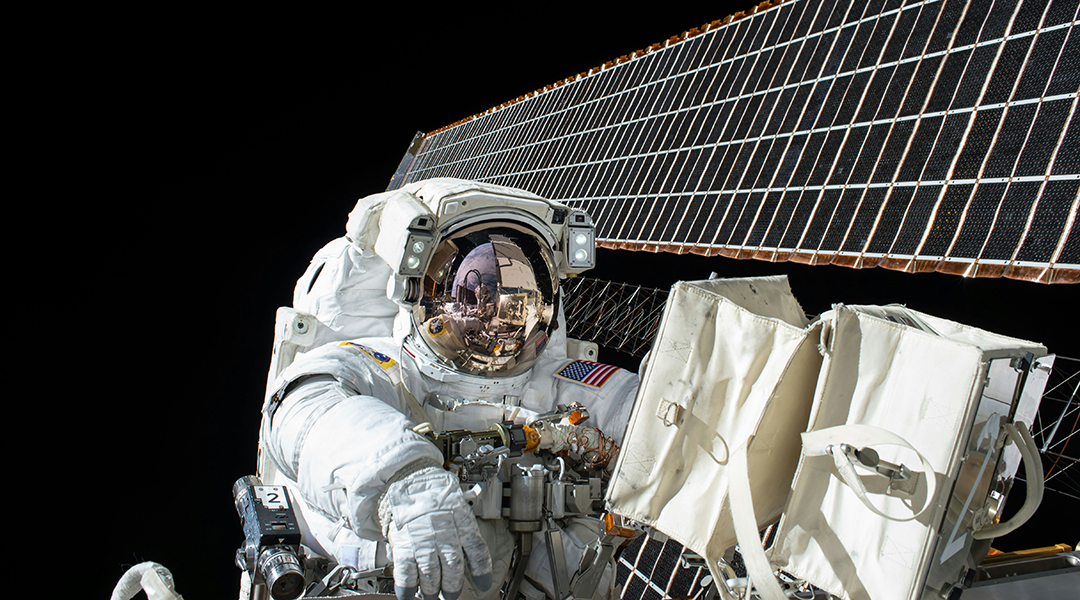
Future astronauts may be protected from galactic cosmic rays thanks to a novel organ-on-chip system containing interconnected human tissue.
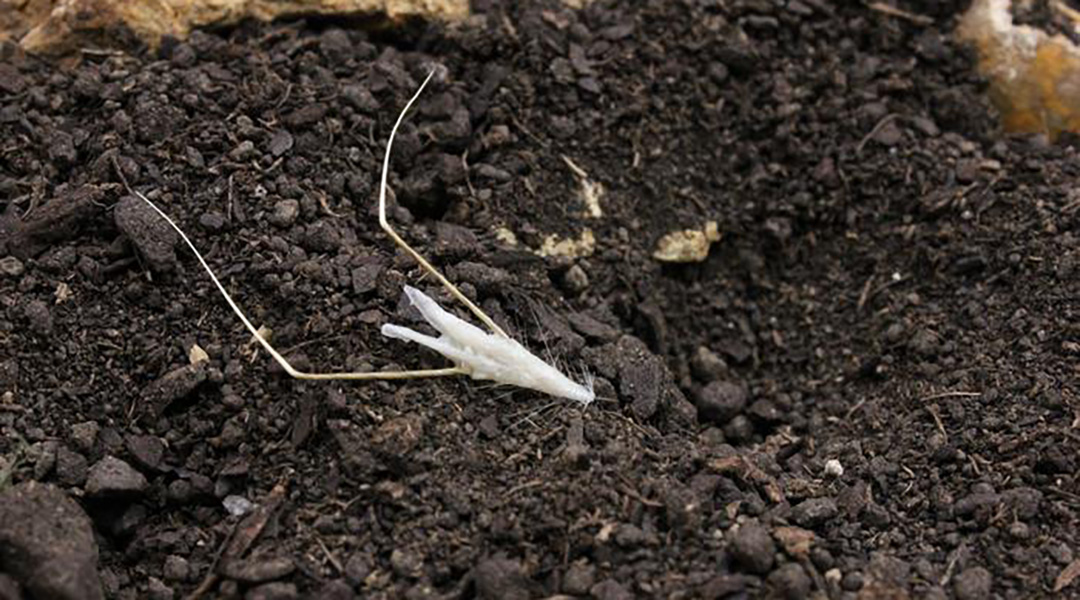
A biohybrid robot made from oats moves in response to humidity and is being tested as a biodegradable vector for reforestation efforts.